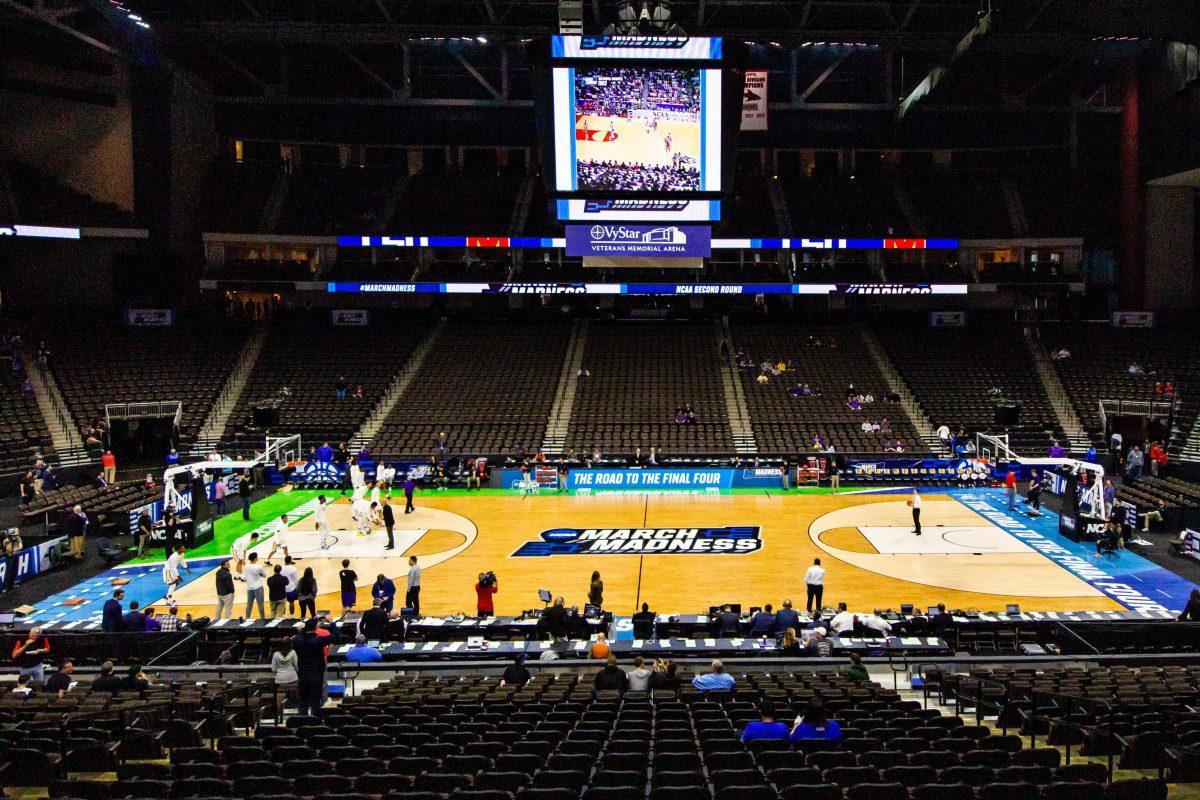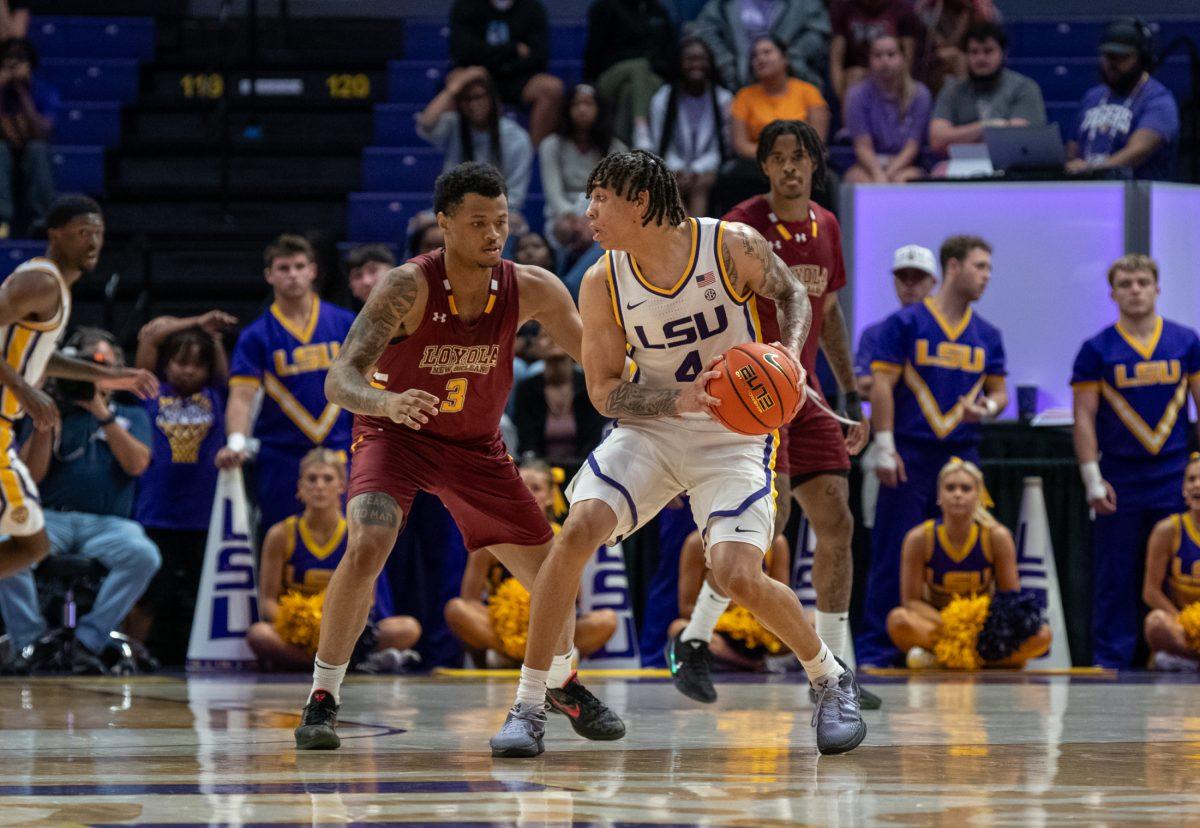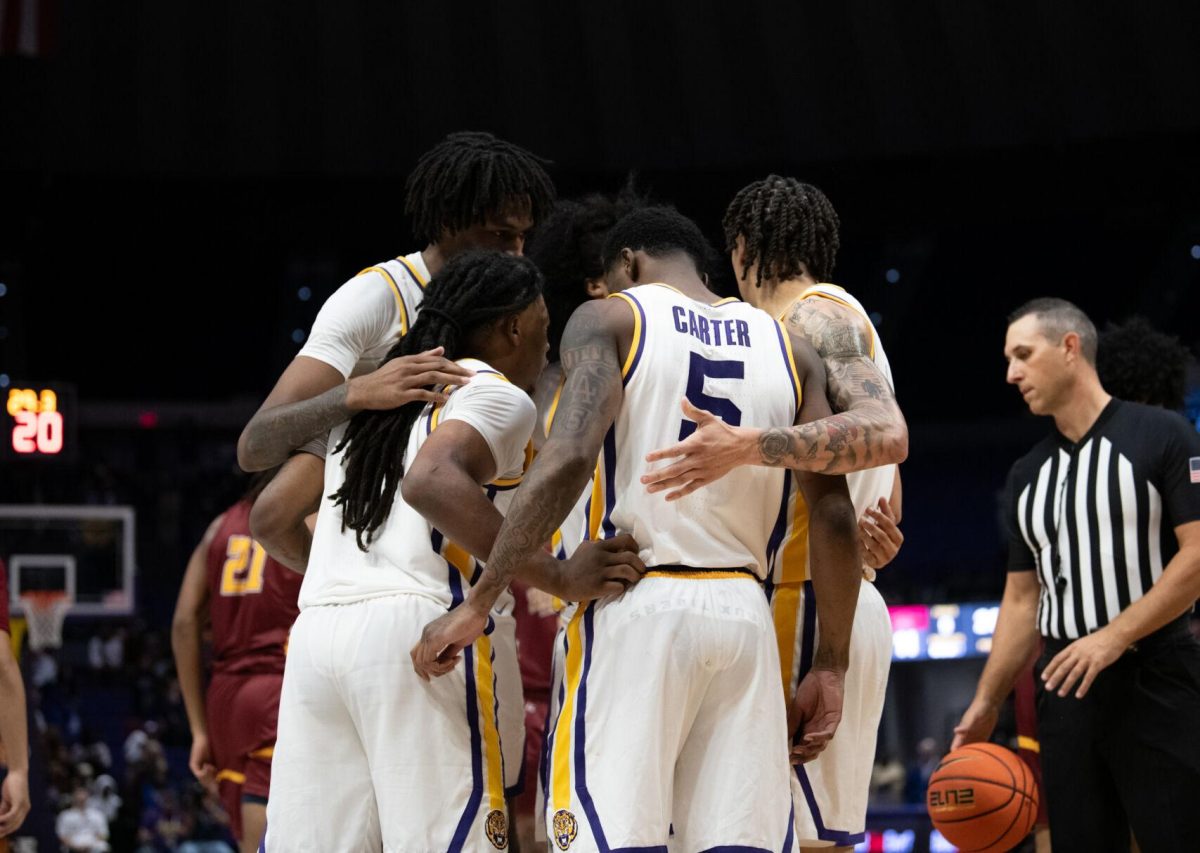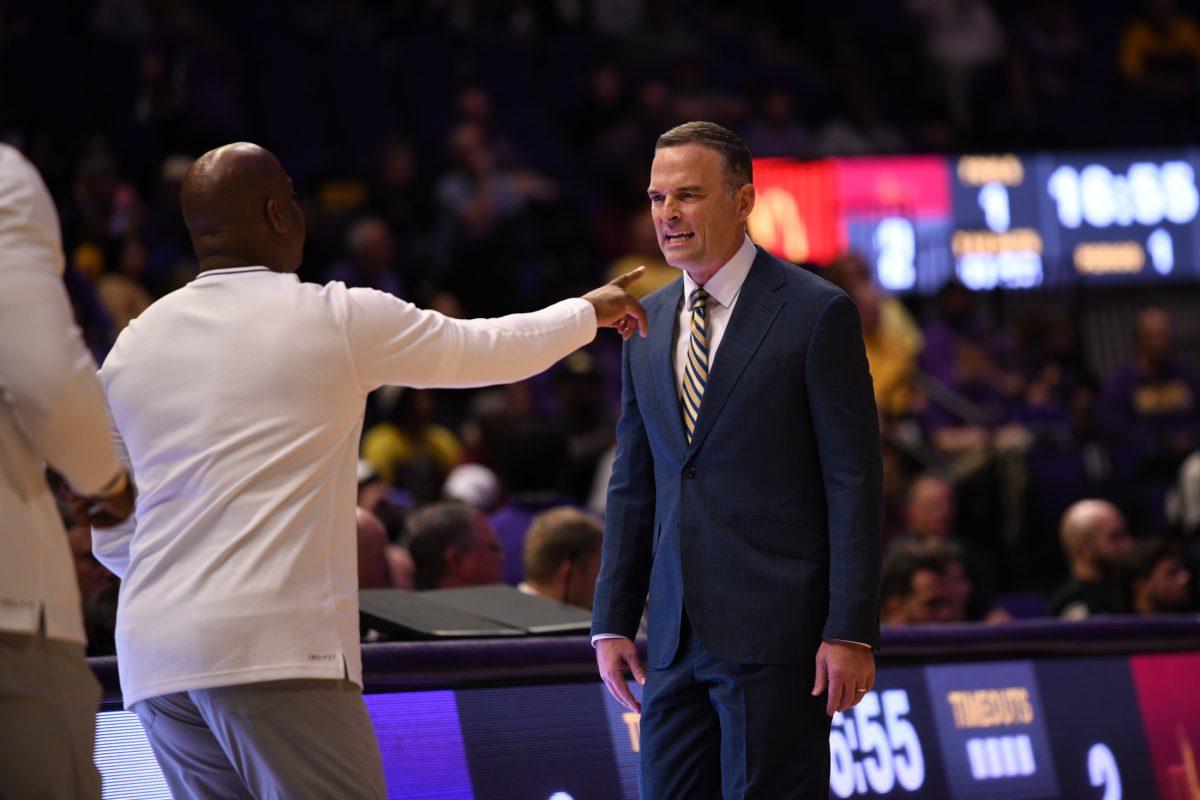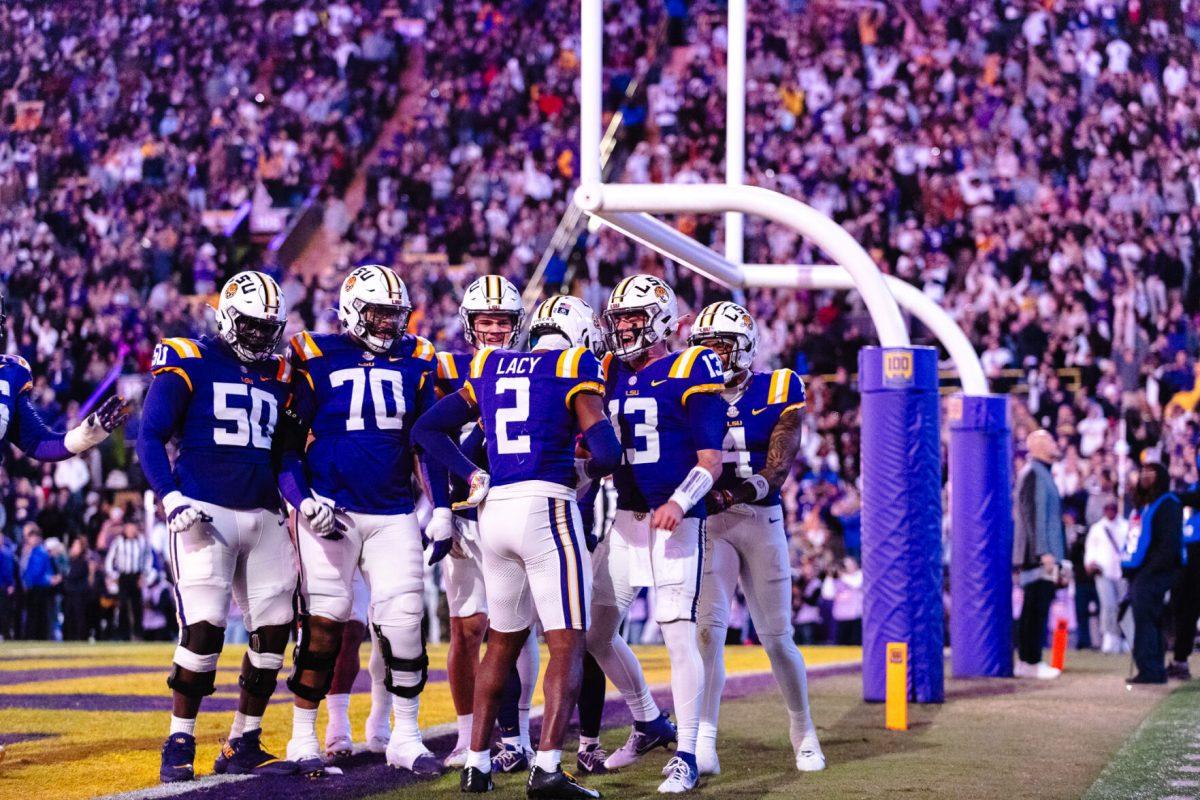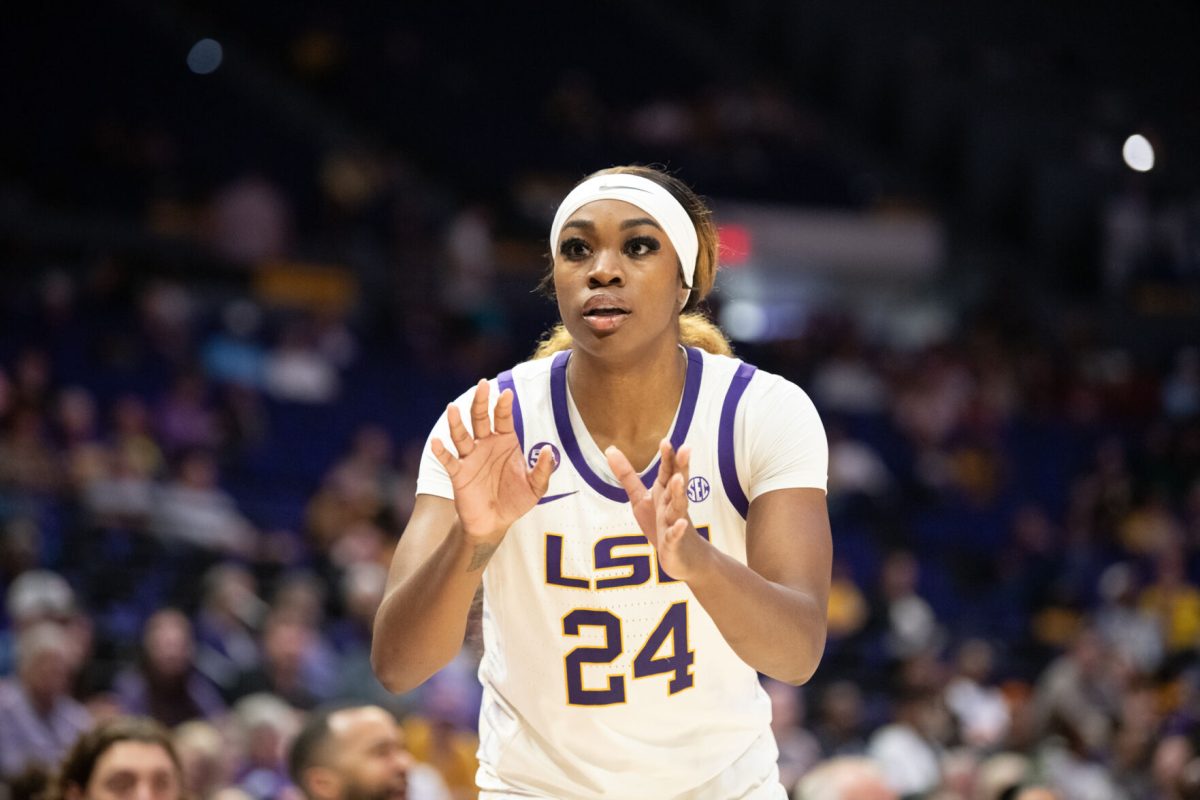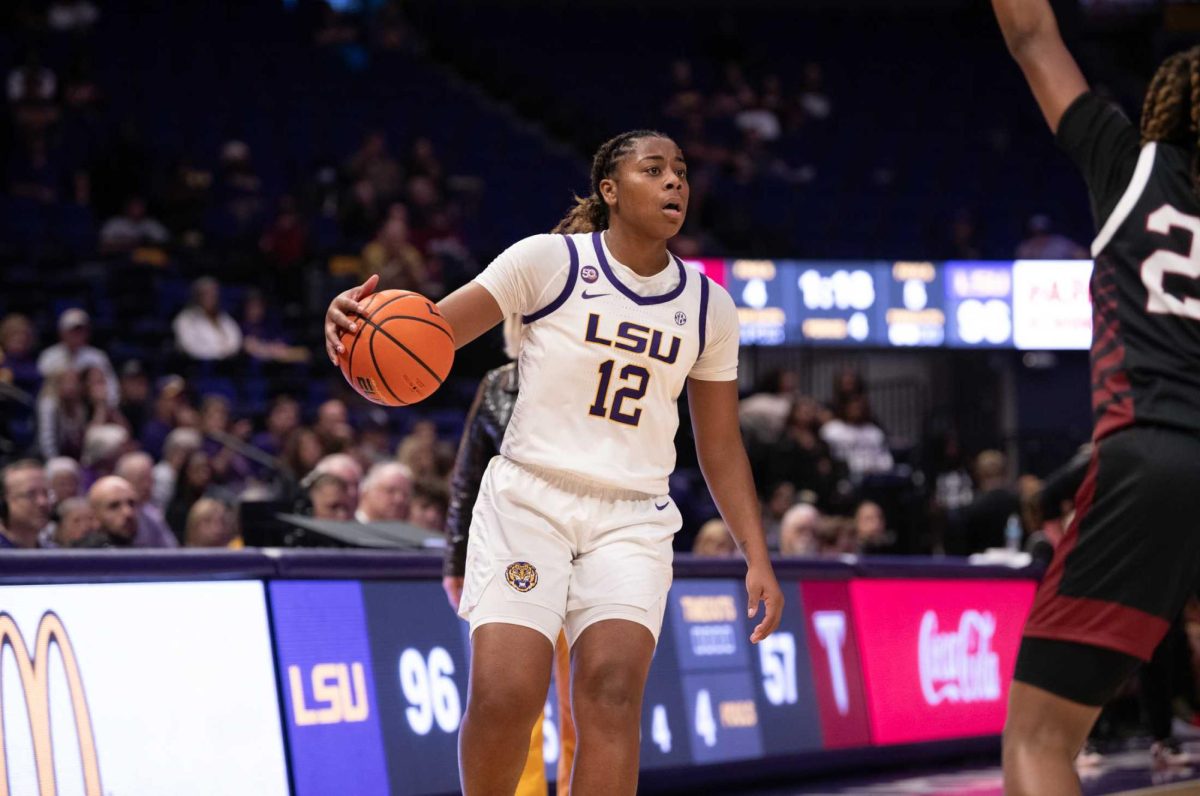Every hardcore college basketball fan has the belief that the March Madness bracket they created could be the first perfect one in history right up until their brackets get shattered into a million pieces during the Round of 64. Though there have been brackets that have made it farther than that (at least one has been perfect up to the Sweet 16), no one has gotten close to picking a perfect one… yet.
This year, not one bracket made it past the first round, as Maryland knocked out the last remaining ounces of perfection from this year’s brackets when they defeated UConn. It’s been a particularly crazy year, with eight different seeds advancing to the Sweet 16 on Day One of the Round of 32, but would it have been possible to pick a perfect bracket this year?
From a statistics standpoint, the possibility is microscopic. To pick a 15-seeded Oral Roberts to advance to the Sweet 16 would have been thinking outside of the box to say the least.
But Oral Roberts was a statistically solid 15-seed and arguably had the best odds of pulling off a 15-over-2 upset, even if it was against a championship-contender in Ohio State. Syracuse, Oregon State and Abilene Christian were also seen as teams that could exceed their seed, with Oregon State being on fire after their improbable run in the Pac-12 tournament, Abilene Christian causing more turnovers than any team in the nation and Syracuse being Syracuse.
There are a lot of things to keep in mind when trying to pick a perfect bracket, but one that sticks out in particular this year is that every team that is in the tournament has earned their right to be there. There isn’t a single team incapable of ruining your bracket.
The only perceived safe pick would be picking every 1-seed to advance to the Round of 32. With there being only one 16-seed able to take down one of the four best teams in the tournament in March Madness history, the odds of that happening are minuscule, and if it does happen, there’s always next year.
This isn’t because 1-seeds are invincible, it’s because 16-seeds are statistically the worst teams to win their conference, whereas 12-15 seeds typically have something going for them with or without strong schedules to back them up.
There are many factors to take into consideration when analyzing lower seeds, but the ones focused on here are key opponents and noteworthy statistics.
In Abilene Christian’s case, they faced off against 3-seed Arkansas and 6-seed Texas Tech early in the season and held their own, losing by a combined 20 points. What’s more important is how they performed against the better teams in their conference later in the season.
In a conference that features multiple teams with RPIs above .500 (Nicholls, Sam Houston State and Stephen F. Austin), the Wildcats won four out of five of those matchups, with the only loss occurring early on in the season to Sam Houston State. That, combined with causing almost 20 turnovers a game, and their opponent Texas being known to struggle against teams with strong defenses, made picking the 14-seed over the Big 12 champion less insane.
It’s an improbable pick, but what about March Madness is probable in any way?
There were other statistically strong lower seeds like 13-seed Liberty and 14-seed Colgate that fell short of pulling off an upset, but these teams held their own throughout most of their games. Colgate, who was top 5 in the country in many categories, including assist-to-turnover ratio and team effective field goal percentage, was tied with Arkansas with nine minutes left in the game. Liberty, who had similar stats to Colgate with a harder schedule, were within four points of 4-seed Oklahoma State with three minutes to go.
The point is, upsets are not impossible to predict in March Madness. Granted, it’s incredibly difficult, especially when there are so many possibilities and the year’s bracket is mind-boggling, but that’s where being able to make multiple brackets comes into play.
ESPN’s Tournament Challenge allows up to 25 entries per person, and that does not include using other sites such as NCAA’s, which adds 10 more entries. 35 brackets wouldn’t cover every possible outcome by any means, but it does limit the improbability of picking a perfect bracket.
On top of managing to pick every improbable upset right, you would also have to correctly predict evenly matched games like the 8 vs. 9-seed, 7 vs. 10-seed, and others in the later rounds. College basketball tends to be a lot more even than other sports. It is more reliant on strategy and less reliant on raw talent and predicting the game plan of every coach is impossible.
There then comes the possibility of collaboration, as this would exponentially cover more and more possibilities, but it would also defeat the purpose of the game and cause the first perfect bracket to have an asterisk next to it. The first perfect bracket should thereby be created by an individual.
So how does an individual go about predicting a perfect bracket?
It’s a combination of three things: extensive research, risk and pure luck.
Watching as much college basketball as possible without destroying your social or professional life is a suggestion, as it’s hard to truly tell how solid a team is by reading statistics and watching highlights. Four days also isn’t a lot of time to do the amount of research needed to understand every team in the bracket, so analyzing teams that are guaranteed spots ahead of time is a good idea.
On top of all of the factors listed above, suggested stats to look into would be rebounding, win-loss percentage in games that came down to the wire, free throw and three-point percentage and scoring defense.
Next, there’s a certain amount of risk and gall that goes into every upset you pick, but risk is something that has to be done and done many times to pick a perfect bracket. Picking fewer upsets might give you a better shot of earning more points and ensuring you have a chance of winning your group, but it won’t make you a billionaire.
And lastly, yes, you will need a lot of crazy picks to go your way, so luck is a huge factor. Finding as many four-leaf clovers as possible and avoiding crossing paths with black cats and broken mirrors could do you a lot of good.
On top of all of these factors, you have to remember that the probability of actually pulling this off is substantially low, but if you somehow manage to do it, you’ll be set for life as long as Warren Buffett’s $1 billion offer remains. With that being said, best of luck to everyone attempting to be the first and here’s to a future where a perfect bracket exists.



